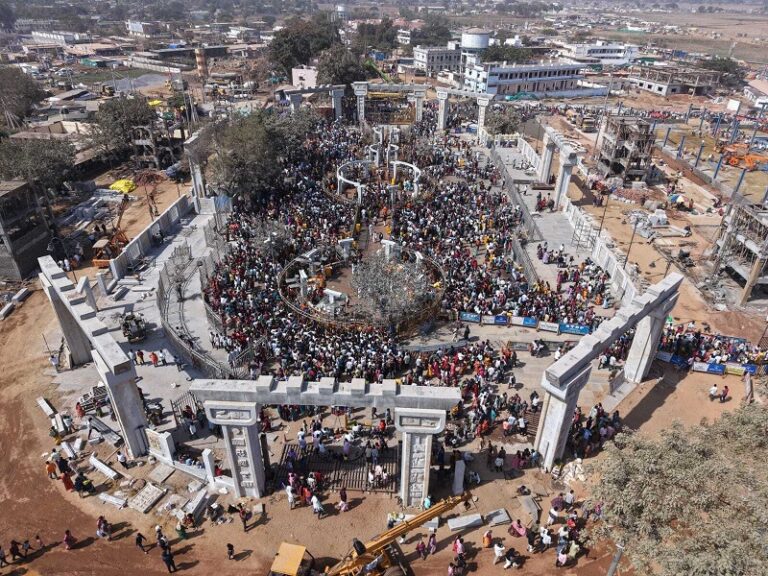
This infusion aims to strengthen rural credit, enhance agricultural financing, and ensure the sustainability of cooperative banks across the country
NEW DELHI, AUGUST 19, 2025: The Union Government, through NABARD and the National Cooperative Development Corporation (NCDC), infused more than ₹42,000 crore into cooperative banks during FY 2024–25, marking a major boost to India’s cooperative banking network.
Within NABARD’s disbursements, Madhya Pradesh emerged as the leading beneficiary with ₹4,430 crore, followed by Odisha with ₹4,113 crore and Karnataka with ₹3,655.52 crore. Tamil Nadu received ₹2,946.49 crore, Rajasthan ₹2,760.75 crore, Andhra Pradesh ₹2,716.55 crore, Maharashtra ₹2,696.26 crore, and Gujarat ₹1,691.31 crore. Smaller states received comparatively modest sums, including Sikkim (₹3.10 crore), Goa (₹23.97 crore), Nagaland (₹33 crore), Mizoram (₹12.60 crore), and Manipur (₹7.81 crore).
Alongside NABARD, NCDC extended substantial financial support during the same fiscal year. Andhra Pradesh was the top recipient with ₹3,730 crore, while Telangana received ₹2,000 crore. Madhya Pradesh received ₹291 crore and Rajasthan received ₹77 crore. In contrast, Bihar, which had been a significant beneficiary in earlier years, received no disbursement during FY 2024–25.
These infusions reflect the Union Government’s strategic focus on strengthening cooperative banks as vital channels of credit and development in rural India.
It was further emphasised that, except for one Urban Cooperative Bank in West Bengal, all cooperative banks across the country are now operating on the Core Banking Solution (CBS) platform. This milestone represents a major step in the digital transformation of the cooperative sector, ensuring greater transparency, efficiency, and connectivity. The CBS rollout is seen as a crucial reform to enhance customer service, strengthen monitoring, and reduce operational risks.
Cooperative banks in India are registered under the respective State Cooperative Societies Acts or the Multi-State Cooperative Societies Act, 2002. Once they engage in banking, they fall under the regulatory ambit of the Reserve Bank of India and are licensed under the provisions of the Banking Regulation Act, 1949. This dual regulatory framework ensures that cooperative principles and financial discipline are maintained.
As of March 31, 2025, India’s cooperative banking system comprised 34 State Cooperative Banks, 352 District Central Cooperative Banks, and 1,457 Urban Cooperative Banks. These institutions play a crucial role in extending credit to farmers, small businesses, and rural households.
With an infusion of over ₹42,000 crore in FY 2024–25 and near-complete digital integration, cooperative banks are poised for enhanced resilience and a greater contribution to rural development in the years ahead.




